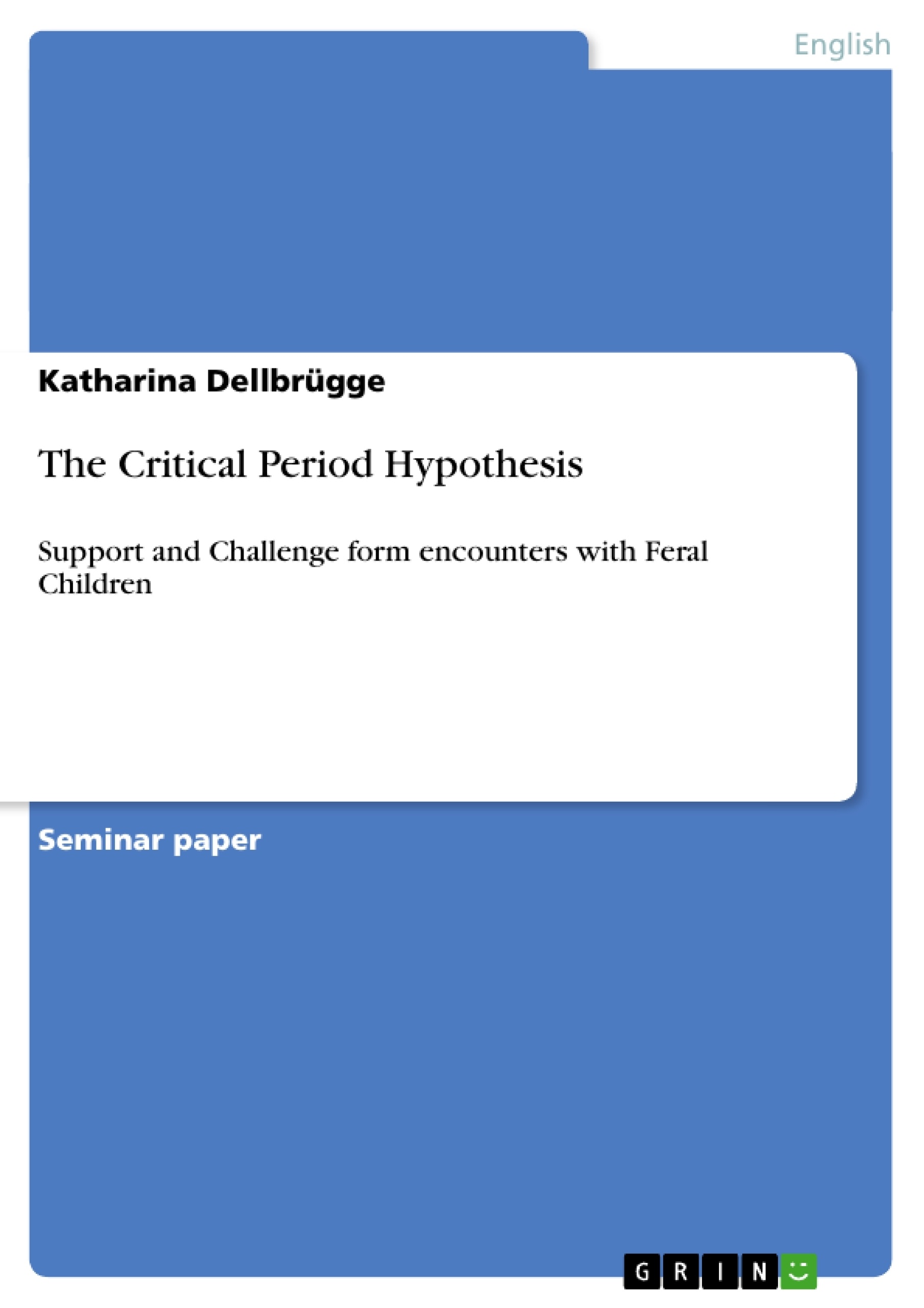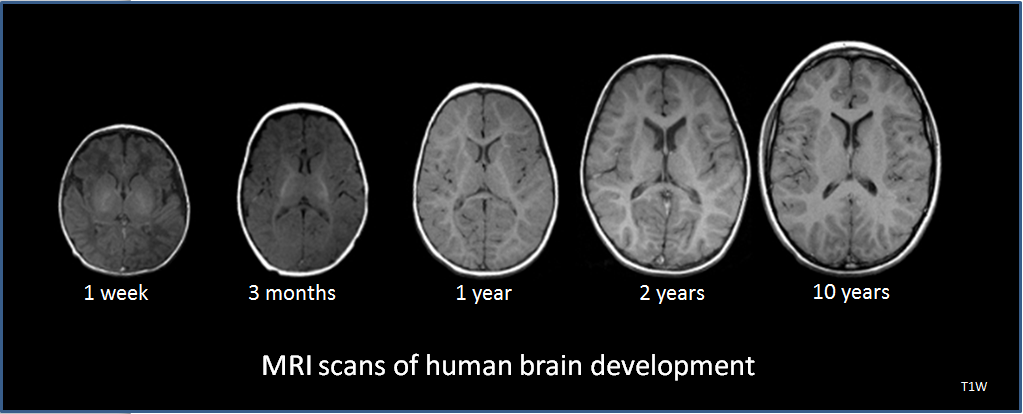Feral children are children who have been isolated from human contact and have had little or no exposure to language, either spoken or written. These children are often the result of abuse, abandonment, or severe neglect, and as a result, they may not have the opportunity to develop language skills in the way that typically developing children do. Despite this, there have been a number of documented cases of feral children who have eventually been able to acquire language, either through rehabilitation efforts or on their own.
One of the most well-known cases of a feral child is that of Genie, a girl who was discovered in 1970 at the age of 13 after being confined to a small room and severely neglected by her parents. When Genie was found, she was unable to speak or walk and displayed behaviors that were more akin to those of a young animal than a human child. Despite this, Genie was able to learn some language through intensive therapy and was eventually able to communicate in basic phrases and sentences.
There are several theories as to why some feral children are able to acquire language while others are not. One theory is that the critical period for language development is longer in children who have been isolated from human contact and language. This means that these children may have more time to learn language than typically developing children, who are typically exposed to language from birth.
Another theory is that some feral children may be able to learn language through exposure to spoken language, even if they do not have direct human interaction. For example, a child who is isolated in a room with a television playing may be able to learn some language by listening to the spoken words on the television.
Regardless of the reason, the ability of some feral children to learn language is a testament to the human brain's ability to adapt and learn, even in the face of extreme adversity. It also highlights the importance of early language exposure in the development of language skills, as children who are exposed to language at an early age are more likely to develop strong language skills.
Overall, the development of language in feral children is a complex and fascinating topic that continues to be studied by researchers in the fields of linguistics and psychology. While the progress of these children may vary, the fact that some are able to learn language despite having had little or no exposure to it is a testament to the human brain's remarkable ability to adapt and learn.







